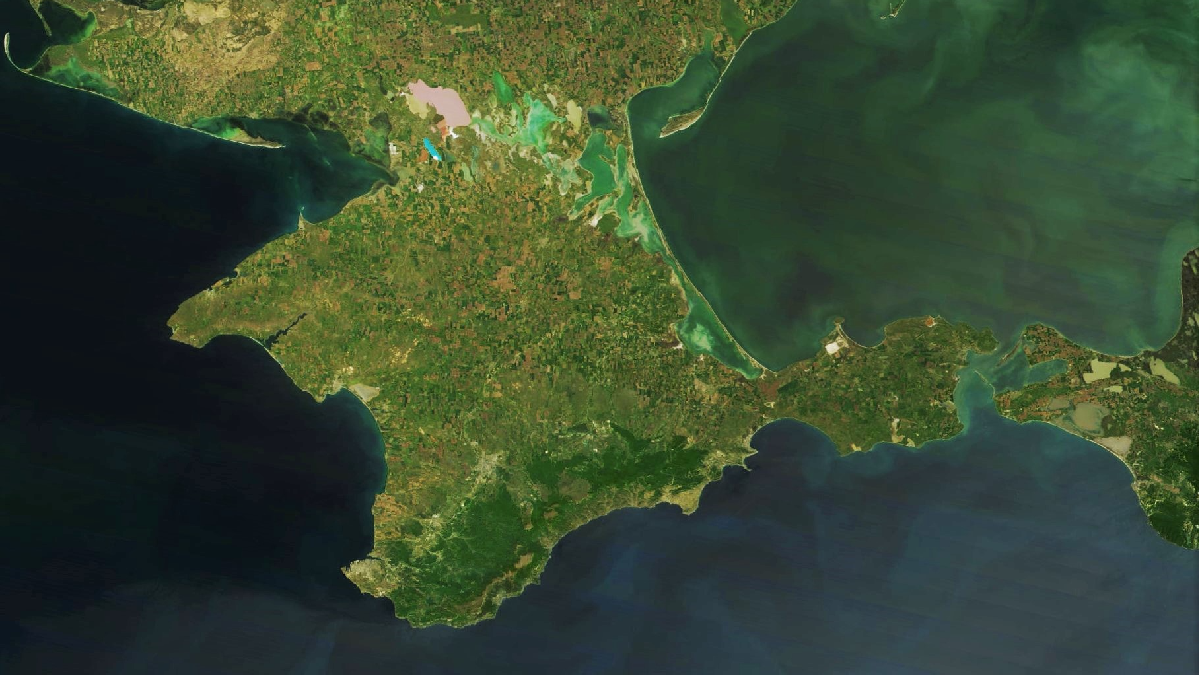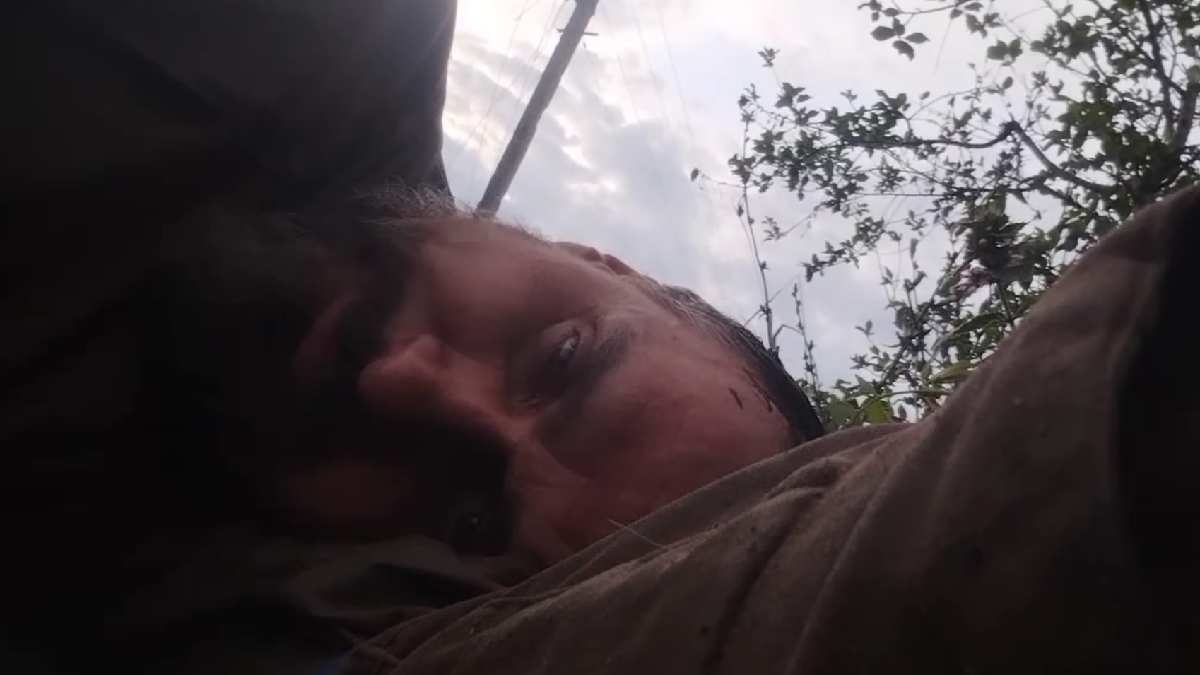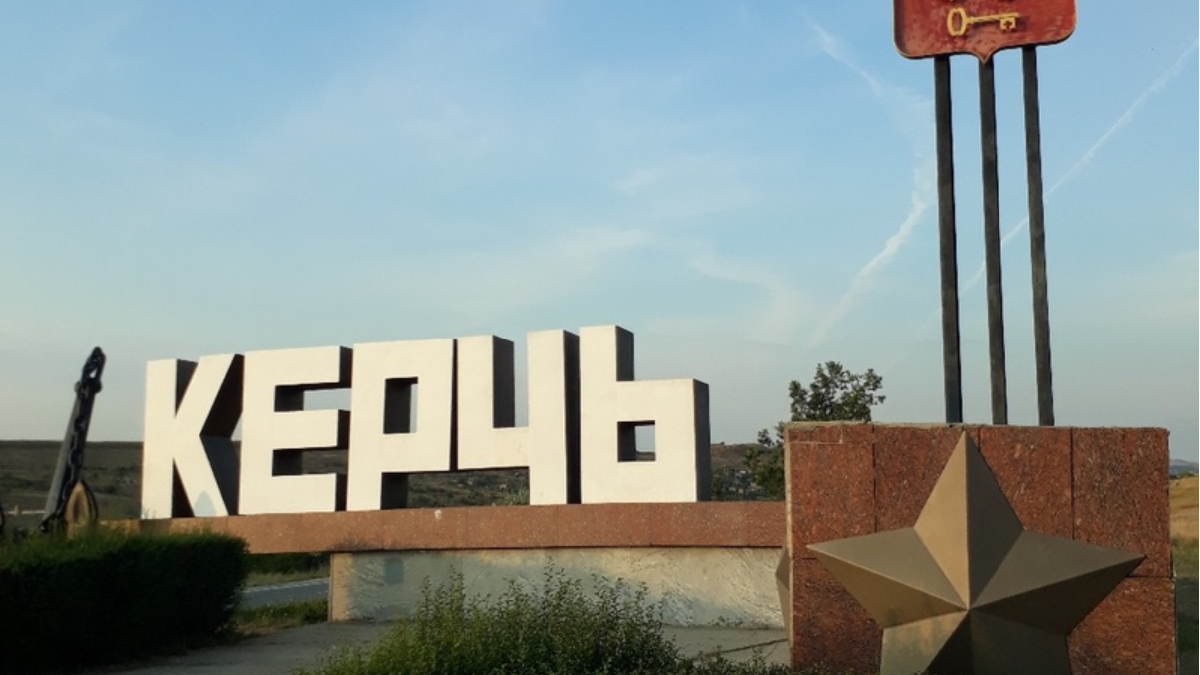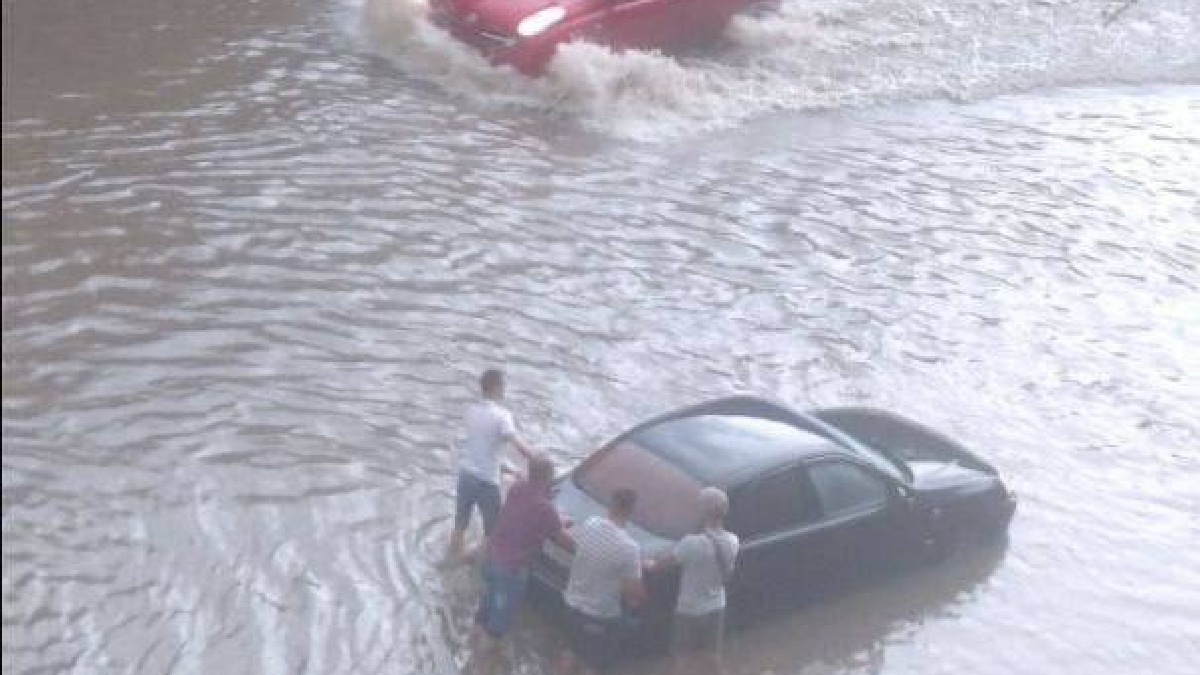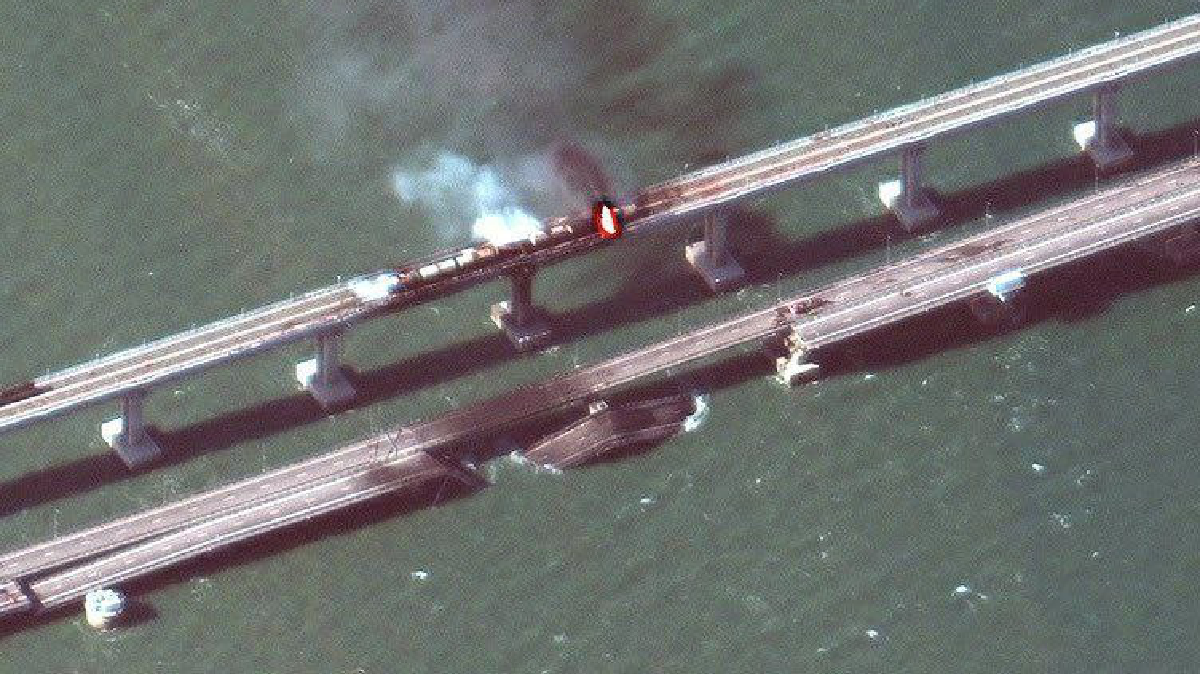Seawater desalination project in occupied Crimea. What is known
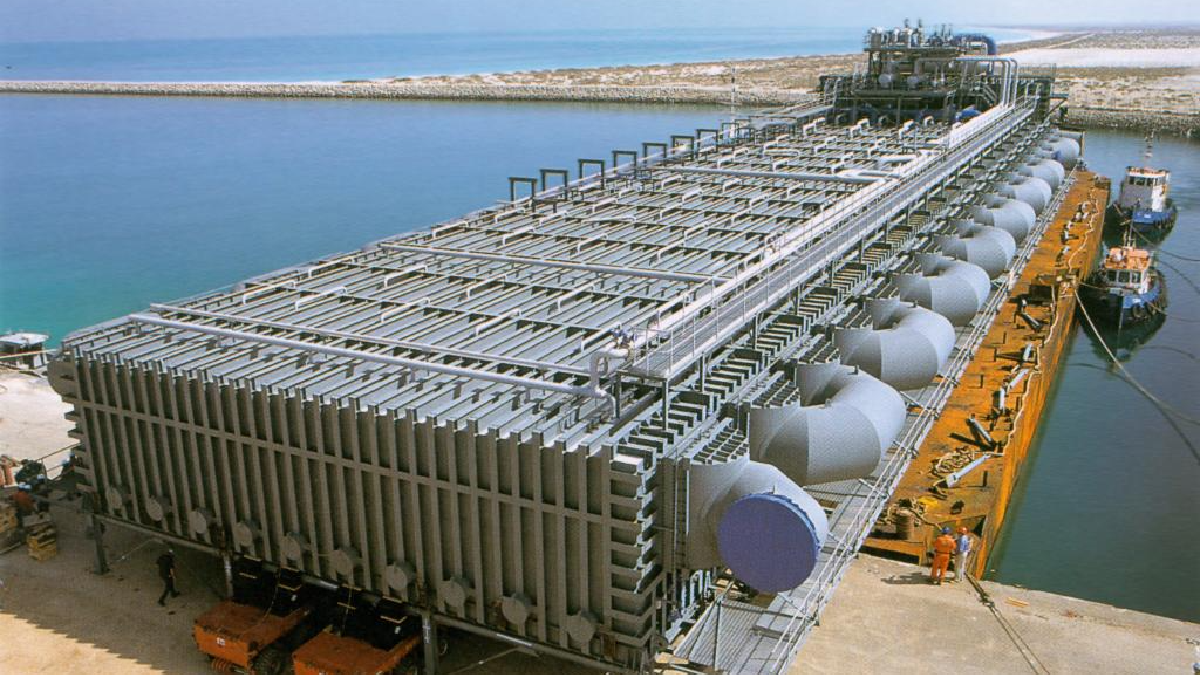
The seawater desalination project in occupied Crimea is one way to solve the water problem on the peninsula. Starting last year, the occupation authorities announced the drilling of wells, then - proposed the construction of desalination plants.
A correspondent of the Suspilne Crimea found out how the seawater desalination system works and whether it can harm the ecology of the peninsula and human health.
Mykola Homel, Doctor of Technical Sciences, says that the occupation authorities are proposing desalination plants that will work according to the method of membrane desalination.
"Membrane technology is a filtration technology. The water that passes through the filter, the membrane can have such a porosity that water will pass, and most salts, most water-soluble substances will be retained", - Mykola says.
According to Mykola Gomel, there are no absolute methods of water desalination. However, in any desalination method, the most important stage is the pre-treatment of water.
"Actually, it is better to work with seawater, because it is already quite transparent, the concentration of substances there is also not high, and it is quite easy to bring it to condition. Desalinated water is supplied for consumption”, - the ecologist says.
Nephrologist Oleksandra Soroka told how saltwater can affect the human body.
"70% of the human body consists of water, what water we drink depends on our health and longevity. Therefore, it is important to know the mineral composition of water, which we use in our daily diet, the presence in its composition of salts of heavy metals, herbicides, radionuclides, which will not give us anything good", - the doctor said.
Oleksandra Soroka notes that there is a category of people who need limited salt intake.
"Excessive salt intake usually has a detrimental effect on the health of almost healthy people, but there is a certain category of people who need limited salt intake, namely, patients at risk of cardiovascular disease, namely hypertension, heart failure, people with kidney disease" - Alexander emphasizes.
Ecologist Oksana Volosko-Demkiv told the Suspilne news channel that in order to obtain a cubic meter of water, it is necessary to dump one and a half meters of cubic effluents, which are highly concentrated. Without proper distillation, this waste will adversely affect the Black Sea ecosystem.
"If we just dump waste into the water, it will be a violation of the ecosystem, and it will affect the ecosystem, the water quality, and it will affect tourism again. The ecosystem and fauna of any sea are very sensitive to any changes, in particular, it is in the coastal zone, because the coastal zone is affected by both the sea and fresh water, and it adapts for a very long time. And it will change the species composition of the Black Sea population, it is not rich anyway, which is currently in the sea" - the ecologist says.
According to Professor Mykola Gomel, the cost of a cubic meter of desalinated water is one thousand litres, it will not exceed 50 cents, which is about 14 hryvnias or 37 rubles. The increase in the cost of already desalinated water may be influenced by the cost of the membrane treatment system - ecologist Oksana Volosko-Demkiv said.
"In this case, it is a short service life of the membranes, and this means a frequent replacement, which again increases the cost of operation of such installations" - Oksana says.
According to ecologists, the water resources currently available in the occupied peninsula will be enough to meet the needs of the civilian population.
"The consumer is still the naval complexes of the Crimea, ie its expansion. In the future, it will directly affect the water supply of the population. If we are talking about water supply with existing resources, it is enough, if we are talking about all other things, they must be built in a very balanced way. Not enough for traditional agriculture, which specializes in irrigated agriculture, including rice cultivation, which is part of the traditional life of the Crimean Tatars, on the other hand, is not enough for gardening, it is to meet the needs of tourists" - the ecologist says.

